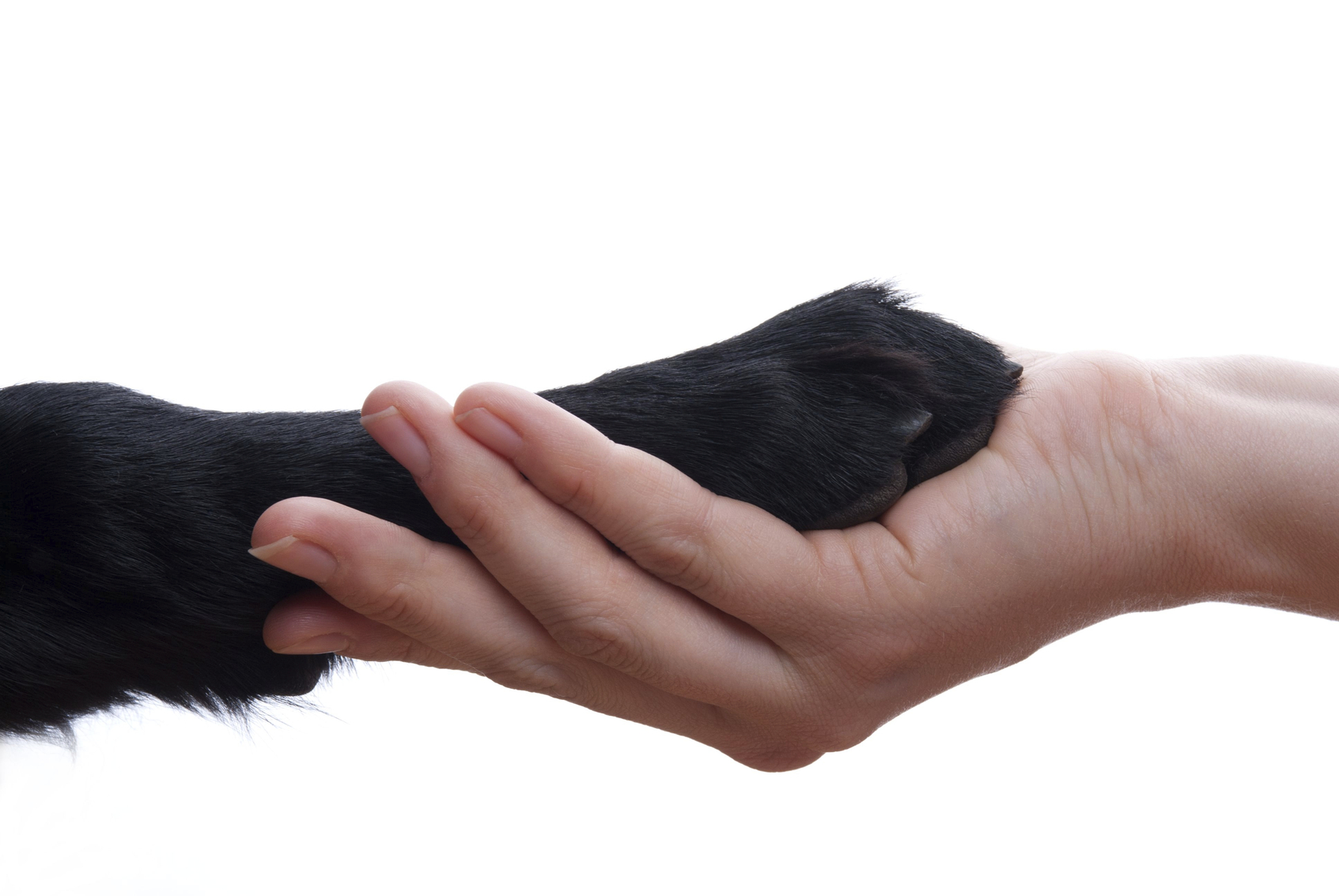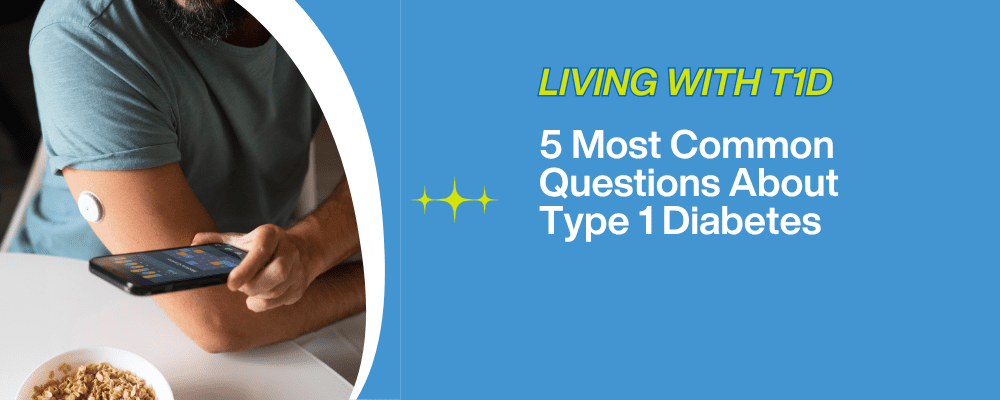Dogs are often called a man’s best friend – but for some, this common phrase has a much deeper meaning.
Groups like Canine Hope for Diabetics and Diabetic Alert Dogs of America help type 1 diabetics safely gain independence through training and providing working service dogs. These Diabetic Alert Dogs are trained to pick up on low (hypoglycemia) or high (hyperglycemia) blood sugar events and alert their owners before it becomes dangerous. These dogs are able to detect the chemical change produced by blood sugar high and lows and alert their owners so they can take steps to return their blood sugar to normal levels and avoid a diabetic emergency.
How Diabetic Alert Dogs Make Life Easier for Those With T1D
To get a glimpse of just how much of a difference these dogs make for adults and children with T1D, consider Luke’s story. Luke was diagnosed with T1D at just two years old. His mom took him to the doctor after noticing he was tired, thirsty and irritable, and a fingerprick confirmed that he had T1D. The doctor sent Luke straight to the hospital, where his mom began to learn how to take care of him with the new diagnosis: how to prick his finger, how to check his blood sugar and how to administer insulin.
So why did Luke need a Diabetic Alert Dog? He is hypoglycemic unaware, which means that he can’t tell when his blood sugar is getting too low. Diabetic Alert Dogs are trained to notice when blood sugar gets too low and notify their owners. Getting a dog would give Luke more independence; he’d be able to play sports, go to friends’ houses and be a “normal” kid again.
Luke received Jedi, a Diabetic Alert Dog who has saved his life many, many times. Jedi knows when Luke’s blood sugar gets too low, and alerts him and his mom so that they can take the necessary steps to correct his blood sugar. Just recently, at a Friends for Life conference, Jedi alerted Luke’s mom twice while he was playing with other children with type 1 diabetes. Luke was too low the first time and too high the second time.
It’s not just Luke benefitting from from having a Diabetic Alert Dog, either. Many children and adults with T1D have dogs that warn them of extreme blood sugar fluctuations, often saving their lives.
If you have T1D and are interested in learning more about Diabetic Alert Dogs, we encourage you to contact Canine Hope for Diabetics, Diabetic Alert Dogs of America or a similar group that trains alert dogs for diabetics.
For more information, news updates and resources for type 1 diabetics, sign up for our newsletter.




